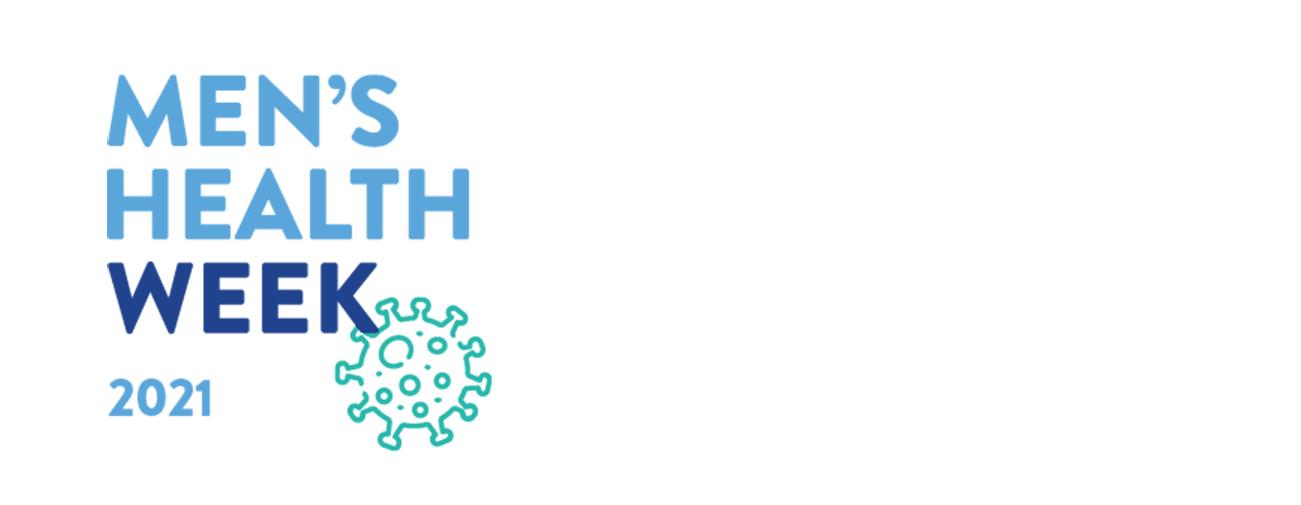This week is Men's Health Week 2021. So what are the issues affecting mens health and what can we do about them? Susie Jennings, Senior Lecturer, considers the important role diet can play in supporting men's physical and mental health.
"In the lead up to Fathers’ Day it’s Men’s Health Week and I’ve been reading up on the latest dietary information and guidance specifically for men. It’s well documented that men have an increased risk of cardiovascular disease, stroke and diabetes. This is thought to be due, at least in part, to the protective effect of oestrogen for women. Harvard Medical School have published an interesting and accessible article about the different biological, social and behavioural factors that could be causing men’s increased risk. While we can’t change our genes, everyone can reduce their risk of cardiovascular disease with a healthy diet and lifestyle.
Being overweight or obese increases the risk of heart disease, stroke and diabetes, and more so in men than women. Men tend to carry excess fat around their waist and fat stored here in particular (called visceral fat) is associated with increased risk of these conditions. This is why waist measurement rather than weight is often used to assess risk. The Men’s Health Forum has a brilliantly titled article about waist size (Do you have a hazardous waist?) with links to practical and easy to follow nutrition and exercise advice to help reduce waist size.
Lots of effort is being made (rightly so) to highlight the importance of men’s mental health. Men may be reluctant to talk about their mental health with friends or to seek professional help. The Men’s Health Forum is running the CAN DO challenge to help men improve their mental wellbeing.
From a nutrition perspective, eating a healthy diet is part of self-care. It’s easy to slip into unhealthy eating habits like too many takeaways or skipping meals when you’re suffering with low mood. This can have a negative impact on energy levels and self-image, and make you feel even worse. It can help to plan some simple meals for a few days at a time and buy the ingredients so that they are there ready when you feel hungry. You can batch-cook things like chilli, soup and Bolognese and freeze the extra portions to use later. Microwavable packs of vegetables are a quick and easy way to add some more nutrients to your diet. NHS Choices has a lot of information about mental health and wellbeing, including self-help resources and how to get help from a professional. If you are feeling depressed or anxious you can always talk to your GP who will be able to get you help and support."

